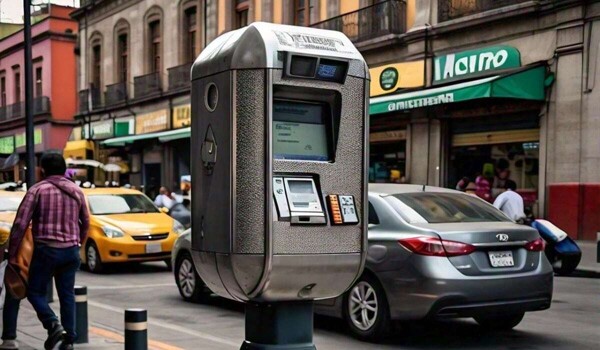
In Mexico, there are plans to introduce a ban on the sale of electronic cigarettes and vaping devices. The country's president, Claudia Sheinbaum, announced that her administration will work on including this ban in the country's constitution by the end of the current year. After her party's victory in the elections in June, Sheinbaum, leading the ruling party, gained a majority in Congress, allowing her to rewrite the constitution at her discretion.
According to researchers' estimates, about 1.7 million Mexicans use electronic cigarettes, and their numbers are increasing. However, there are no signs that attempts to ban such cigarettes would lead to a decrease in their consumption. Licensed companies currently operate based on importing more expensive electronic cigarettes, which are sold in various stores, but simultaneously sell low-cost electronic cigarettes illegally by street vendors.
Journalist Oscar Balderas, who conducted an investigation on this topic, notes that cheap electronic cigarettes make up 90% of the market in Mexico, and organized crime groups control them. According to Balderas, these cigarettes are imported from China through criminal groups and are transported to Mexico through couriers.
The sale of electronic cigarettes is associated with crime, as criminal groups attempt to target those who sell them without their permission. There is also another problem, which consists of the fact that contraband products are not subject to full regulation. Electronic cigarettes and vaping devices in Mexico are in a certain legal gray area after the previous ban on their import and sale faced legal challenges in Mexican courts.
In the case of the ban on the sale of electronic cigarettes in the constitution, this issue of health will take a more serious turn due to the increase in the sizes of the black market. Doctors have expressed concern about the possible consequences for public health.














